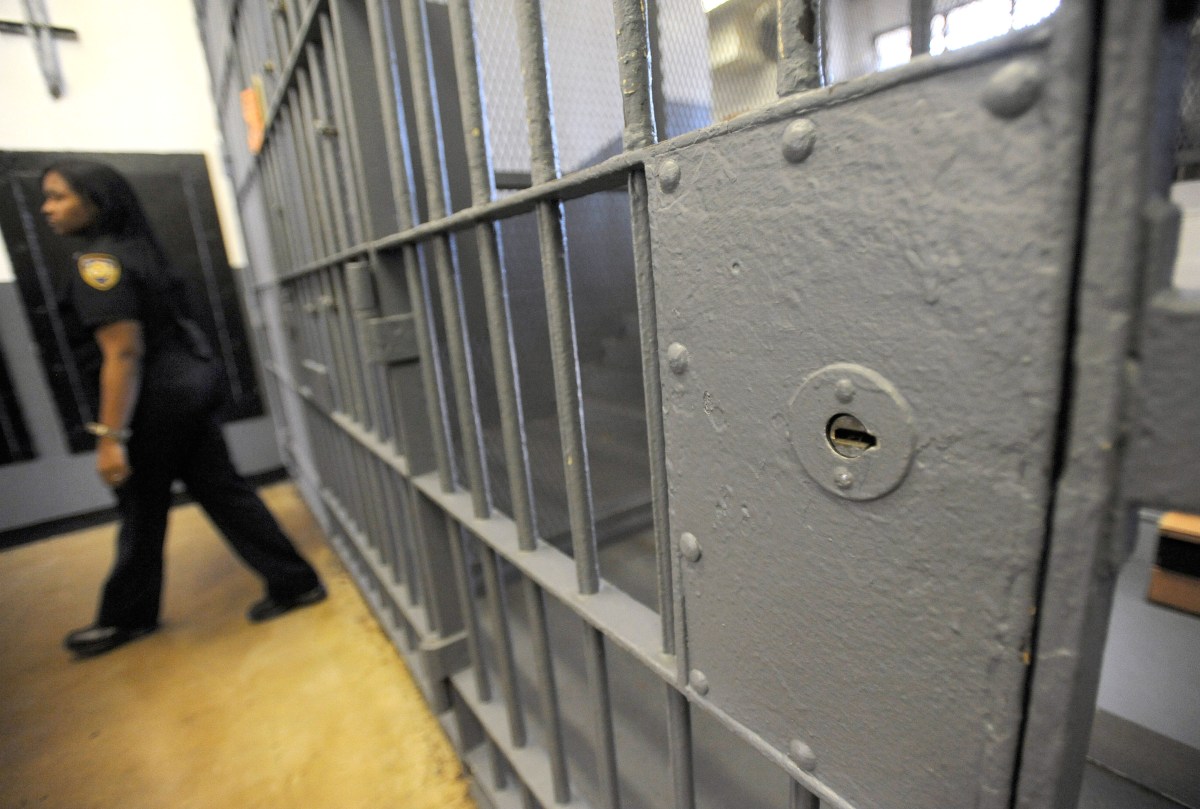A Three-Decade Fight for Justice: LA Man Exonerated After Wrongful Conviction
After spending 30 years behind bars for a crime he did not commit, 52-year-old Carlos Rivera of Los Angeles walked free this week when a judge overturned his wrongful conviction. The exoneration marks the end of a decades-long battle that exposed systemic flaws in eyewitness identification and prosecutorial misconduct. Rivera’s case joins a growing list of wrongful convictions disproportionately affecting minority communities.
The Case That Defied Evidence
In 1993, Rivera received a life sentence for an armed robbery based solely on a single eyewitness identification—despite having an alibi and no physical evidence linking him to the crime. The Innocence Project, which took up his case in 2010, uncovered critical errors:
- The sole witness initially described a suspect 6 inches taller than Rivera
- Police failed to investigate another suspect matching the description
- Prosecutors withheld exculpatory evidence from the defense
“This wasn’t just a mistake—it was a complete breakdown of due process,” said attorney Maria Hernandez, who led the appeals process. “The system failed Carlos at every turn.”
The Human Cost of Wrongful Incarceration
Rivera’s ordeal highlights the devastating consequences of flawed convictions:
- Missed his mother’s funeral and daughter’s graduation
- Developed chronic health conditions from prison conditions
- Lost prime working years and career opportunities
“I kept fighting because the truth mattered,” Rivera told reporters outside the courthouse, his voice breaking. “But no compensation can give me back those years with my family.”
Systemic Issues in California’s Justice System
Rivera’s exoneration comes as California faces scrutiny over its wrongful conviction rates. Recent data reveals troubling patterns:
| Statistic | California | National Average |
|---|---|---|
| Wrongful convictions per capita | 17% above average | Baseline |
| Exonerations involving misconduct | 42% | 35% |
Criminal justice reform advocates point to several systemic factors contributing to these numbers:
- Overreliance on eyewitness testimony in minority communities
- Inadequate public defender resources
- Prosecutorial immunity protections
Voices Calling for Change
Legal experts emphasize that Rivera’s case isn’t isolated. “California’s justice system has a pattern of prioritizing convictions over accuracy,” said Dr. Elijah Thompson, a criminology professor at UCLA. “We need mandatory evidence preservation laws and blind administration of eyewitness lineups.”
However, some law enforcement officials caution against sweeping reforms. “While we must address injustices, we can’t undermine legitimate convictions,” argued LAPD Captain David Reeves. “The vast majority of cases are properly adjudicated.”
The Road to Exoneration and Beyond
Rivera’s path to freedom involved multiple failed appeals before new evidence emerged. The breakthrough came when:
- Advanced DNA testing excluded him from crime scene evidence
- A retired officer came forward with information about evidence tampering
- Students at a California law school uncovered suppressed documents
Under California’s compensation laws, Rivera may receive $140,000 for each year of wrongful imprisonment—potentially totaling $4.2 million. Yet financial restitution represents just one challenge in rebuilding a life.
Broader Implications for Justice Reform
Rivera’s case has reignited debates about criminal justice policies:
- Pending legislation to require video recording of interrogations
- Calls to establish independent conviction review units
- Proposals to limit eyewitness testimony without corroboration
“Carlos’s story should be a wake-up call,” said Hernandez. “We need systemic changes to prevent others from enduring this nightmare.”
Looking Forward: Justice and Healing
As Rivera adjusts to freedom, his case continues making waves. Legal analysts predict it may influence several pending appeals involving similar circumstances. Meanwhile, advocacy groups are mobilizing support for broader reforms.
For those inspired by Rivera’s perseverance, consider supporting organizations like the Innocence Project that work to prevent wrongful convictions. As Rivera himself put it: “My freedom came too late, but maybe my story can help others.”
See more Update My News



